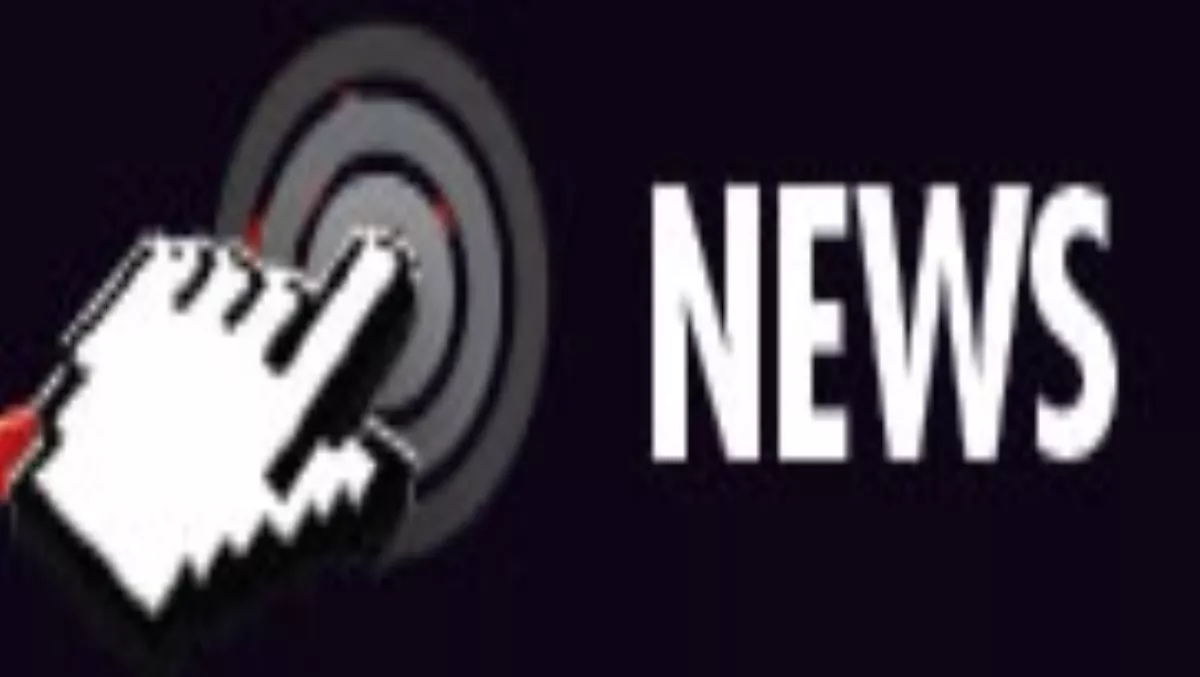
“There oughta be a law!”
With the internet now an integral part of modern living, governments in democratic countries are raising the serious question of whether it can continue to function untouched by legislation.In the early days of the web, users revelled in the freedom to post what they liked, to ‘flame’ each other in chatrooms, to indulge their most esoteric (not to say bizarre) tastes outside the constraints of the mass media (does anyone remember the tribute site to serial killers from about 10 years ago?). However, the notion that cyberspace is somehow sacred is now being questioned.No one is suggesting censorship along the lines of China’s ‘Great Firewall’, but the proliferation of child pornography, viruses and theft has brought suggestions from those charged with legislating ostensibly for the greater good, that the time is coming when we can’t afford not to have some form of government control over this vast, ever-growing medium.Advocates of internet freedom have expressed outrage at such a notion. Once you start, they say, where does it end? Such a debate has smouldered in this country recently, with the introduction of a voluntary filtering system for ISPs, aimed at stopping web users from accessing child pornography (see our cover story on page 34 for more about this).In Australia, where a compulsory filter is set to be imposed, the arguments are even more heated. Federal Communications Minister Stephen Conroy, who is in charge of the project, asked what’s so special about the net that it should be unregulated. “It’s just a communication and distribution platform,” he said. “This argument that the internet is some mystical creation that no laws should apply to - that is a recipe for anarchy and the wild west.”The problem with the Australian model is that it doesn’t just cover images of child sexual abuse - as is the case here - it can also apply to material such as “detailed instruction in crime, violence or drug use and/or material that advocates the doing of a terrorist act”.“I’m not exaggerating when I say that this model involves more technical interference in the internet infrastructure than what is attempted in Iran, one of the most repressive and regressive censorship regimes in the world,” said Colin Jacobs of Electronic Frontiers Australia.Take euthanasia, for example. Assisting suicide is a crime, and advocates claim the filtering provisions would block websites advising terminally ill people on ways to end their lives (and their suffering) in dignified fashion. One Australian computer help desk has begun classes showing people how to get around the filter in order to get this information, such as using virtual private networks (VPNs). This in itself is not illegal - yet.And it’s placing the power to filter certain online content in the hands of politicians that really upsets advocates of web freedom. A new government with a new agenda may decide to extend the range of material subject to filtering. Of course, in a democracy they would claim they have a mandate to do so - therefore web users who vote should pay more attention to such issues. A complaint frequently heard in this country is that there’s been little or no public debate about the voluntary filter. Publications like NetGuide have written extensively about it, but because it has not required new legislation, it’s passed under many people’s radars. Apathy, perhaps, is freedom’s greatest enemy.The broader issue of regulating the web in order to make it more reliable and trustworthy was raised in a speech in February by Lawrence E. Strickling, US Assistant Secretary of Commerce for Communications and Information. Government policy on the internet, he said, had so far been through two developments: Internet 1.0 (1990-2000) was for unrestrained development and innovation; Internet 2.0 (2001-2009) saw enormous growth which raised concerns about privacy, security and copyright infringement. The time has come, he said, for a new policy which addresses those concerns: Internet 3.0.“We have much higher expectations of the internet today than we’ve had in the intervening years,” Strickling told the Media Institute. “The internet, and particularly broadband internet, are the central nervous system of our information economy and society, and can provide unprecedented opportunities to address our current challenges in health care, energy efficiency, education, and government openness. It is important not only to preserve, but to enhance access to this open and dynamic medium that fosters unprecedented innovation and public participation.”Users, Strickling explained, want to be sure their online transactions are secure; businesses want to be protected from hackers; content owners want to be able to stop copyright infringement, and so on.“Given all the human actors involved in the internet with all their competing interests, we have to ask, do governments have to be involved to sort out these interests so that the internet will continue to thrive?” he said. “I say yes but just as emphatically, I say that the government’s role need not be one of a heavy-handed regulator.”Not to act, Strickling asserted, would lead to loss of confidence in the internet. He urged a collaboration of government agencies worldwide and key internet constituencies - commercial, academia, and civil society.And maybe he has a point. The web is a wonderful tool that has enhanced our lives, but we all have a part to play to ensure it remains a benefit, and doesn’t get taken over by criminals and malcontents. That computer that sits in front of you can do wonderful things, and also great harm. Like it or not, the web is a political issue, and everyone who uses it has a responsibility to be informed and get involved.

